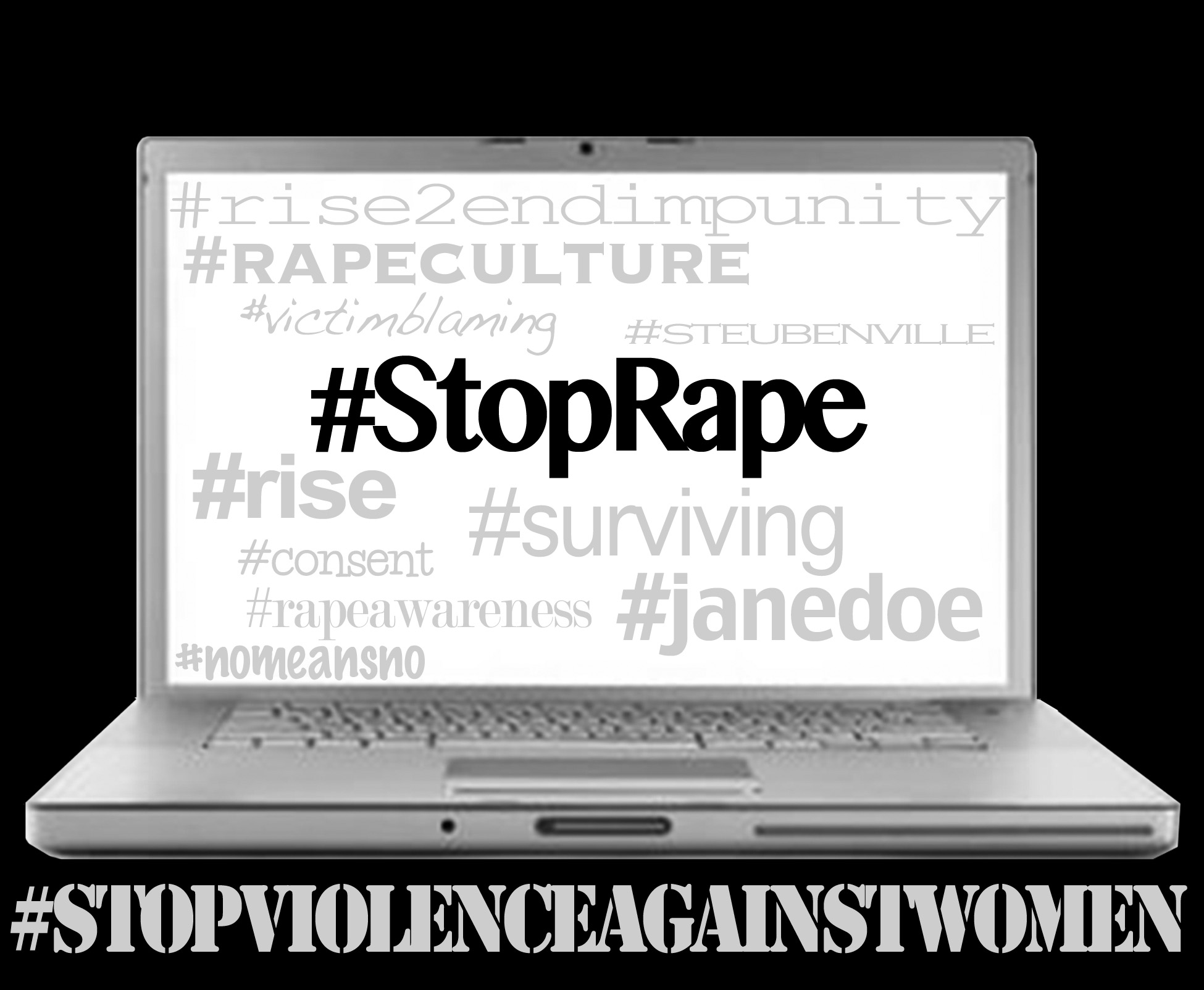On Aug. 12, 2012, a 16-year-old girl named Jane Doe woke up naked in a Steubenville, Ohio basement she didn’t recognize. From what I can imagine, she felt shame and confusion at the state of her bare body. She had never felt more vulnerable in her life, holding her knees to her chest and shaking as she tried to clear her head of the heavy cloud that surrounded her thoughts.
I can imagine this not because I have an intimate knowledge of Doe’s memories, but because, just a few weeks earlier, I was in a similar situation.
It was the second night of a music festival and I had just seen The Killers perform a monumental set, finishing with a burst of fireworks and a rendition of “When You Were Young” that left me ecstatic. I was gliding on an adrenaline rush that had me craving more, desperately wanting to keep that feeling from fading.
Perhaps that’s what gave me the dumb courage to, after the friend I was with decided to turn in early, drift toward a source of music just a few steps from our tent and strike up a conversation with a group of people there. It was a mixed crowd, friendly post-grads who seemed more than happy to have me join in their drinking games and dancing. I felt utterly free, living out my youth the way I thought I should. The last thing I remember was a guy spinning me around as we danced—“Stop, you’re making me dizzy,” I laughed.
I was later told that I had been wandering around the campgrounds naked until a girl, whom I have never been able to thank, gave me some clothes and notified festival officials. I was later told that the police had shrugged it off—“Oh, but she was really drunk, right?” What I do remember is that the visit to the hospital was a garish blur, an awful memory of being poked and prodded under fluorescent lights. What I do remember was that I was only one of a couple hundred cases that week alone.
To this day, I do not know what happened to me that night. I don’t even know who my attacker was. In many ways, though, I was lucky—besides a fear of being alone in crowds that persisted with me for a while, I came out of that experience with no major physical or psychological trauma. For Jane Doe and many others, the overwhelming amount of virtual evidence makes that impossible. Nevertheless, that same evidence can also lead to retribution.
When she first woke up, Doe had little more to do than look at her cell phone to piece together the details of her own awful experience. The texts, the photos, and the videos involved became viral, spreading around like wildfire. In the ensuing weeks and months, the community was in an uproar on both sides—the case made national news because so many people linked to the star football players involved were unwilling to come forward, yet the evidence splashed across the internet was glaring. In the end, though it most certainly magnified the horror of rape by thrusting it into the public sphere, social media won the case. Without it, it’s easy to imagine justice grossly failing Doe.
When justice does fail, as it often does, internet outlets provide victims with agency they would otherwise be denied. Savannah Dietrich is perhaps the greatest example of someone who used social media to make a public statement and identify her attackers. The bravery required to do that against Louisville, Ky. court orders and risk the consequences cannot be overestimated, and doing so empowers the many others whose voices have been stifled.
From a position of victimhood and weakness, Dietrich gained agency and strength. Speaking out like she did is the best possible way to start a conversation about the rape culture that exists in our country, and there is no better forum for that than social media. If every victim did the same, that conversation might be loud enough to convince those with political clout to change the way many of our state laws favor rapists. Though that might be a naïve point of view, it’s difficult to identify a greater avenue for change, besides possibly raising every man to be a decent human being in the first place.
If I ever think of that July night, it’s when I read about the rape cases that, through high public involvement and controversy, have become front-page news on a national scale. What concerns me is not these cases, but the countless others that fall by the wayside because victims are afraid to speak and the law fails to protect them. It’s the ghosts of the anonymous that haunt me.





